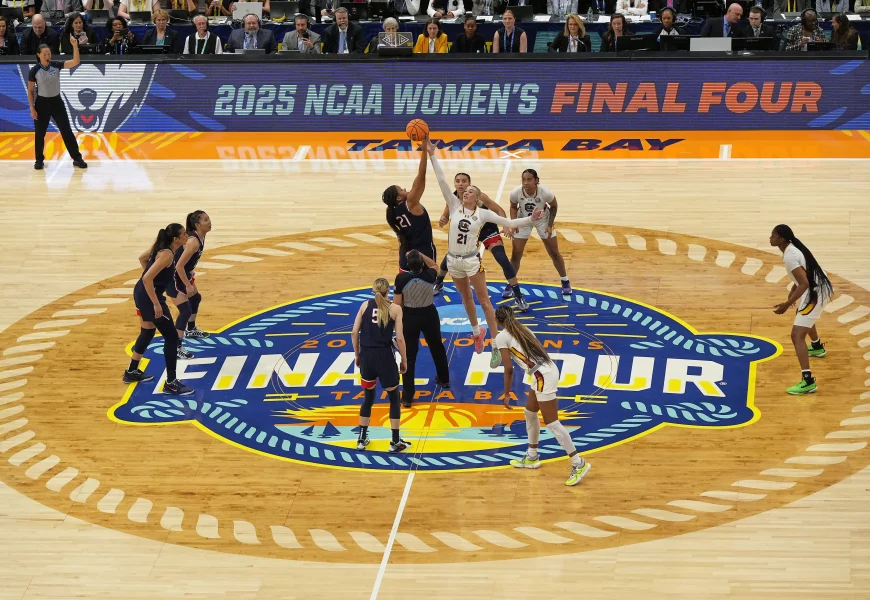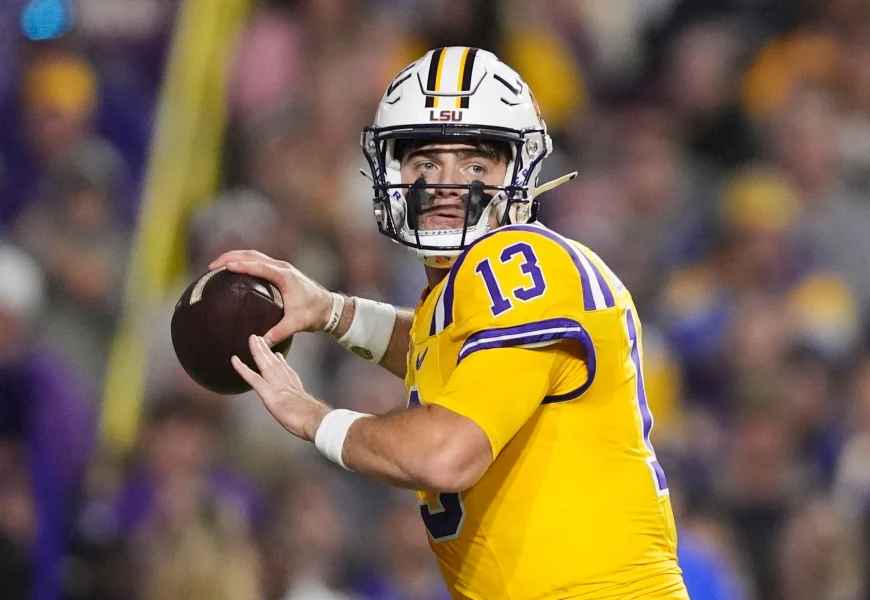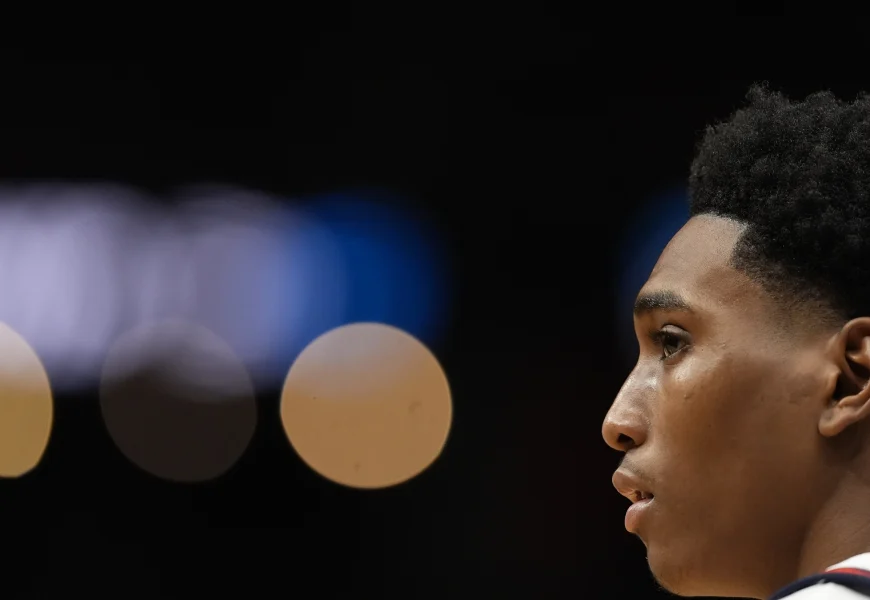The settlement of a $2.8 billion federal class-action antitrust lawsuit filed by athletes against the NCAA and the largest conferences (ACC, Big Ten, Big 12, Pac-12 and SEC) was approved by the defendants and plaintiffs in May 2024 and not long afterward by U.S. Judge Claudia Wilken, who must give final approval before terms can go into effect as early as July 1. Some questions and answers about this monumental change for college athletics:
What is the House settlement involving college sports and why does it matter?
The settlement of a $2.8 billion federal class-action antitrust lawsuit filed by athletes against the NCAA and the largest conferences (ACC, Big Ten, Big 12, Pac-12 and SEC) was approved by the defendants and plaintiffs in May 2024 and not long afterward by U.S. Judge Claudia Wilken, who must give final approval before terms can go into effect as early as July 1. Some questions and answers about this monumental change for college athletics:
Q: What is the House settlement and why does it matter?
A: Grant House is an Arizona State swimmer who sued the defendants. His lawsuit and two others were combined and over several years the dispute wound up with the proposed settlement that will create a new substructure for college sports. What’s groundbreaking is that it ends a decades-old prohibition on schools cutting checks directly to athletes. Now, each schools will be able to make so-called NIL payments to athletes, compensating them for use of their name, image and likeness.
Q: How much will the schools pay the athletes and where will the money come from?




